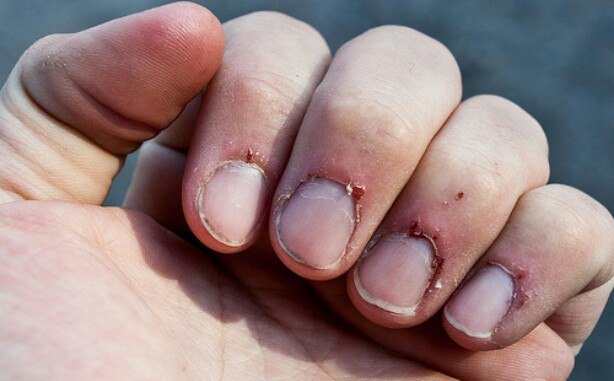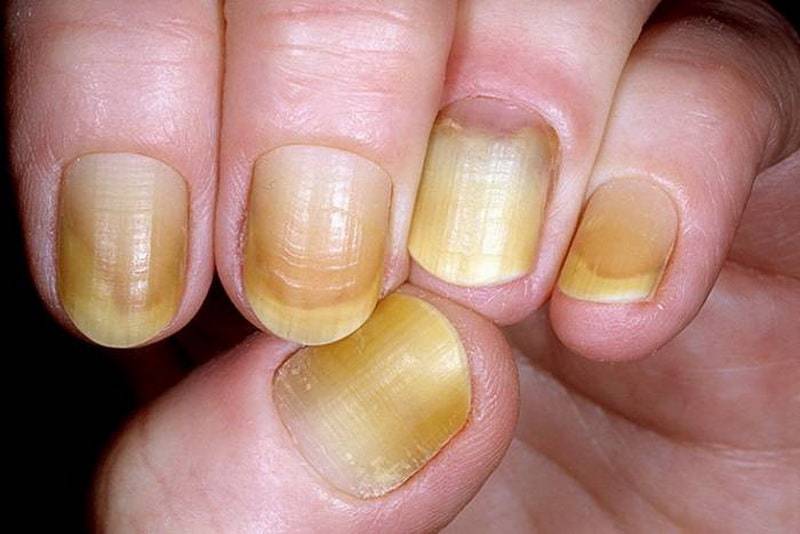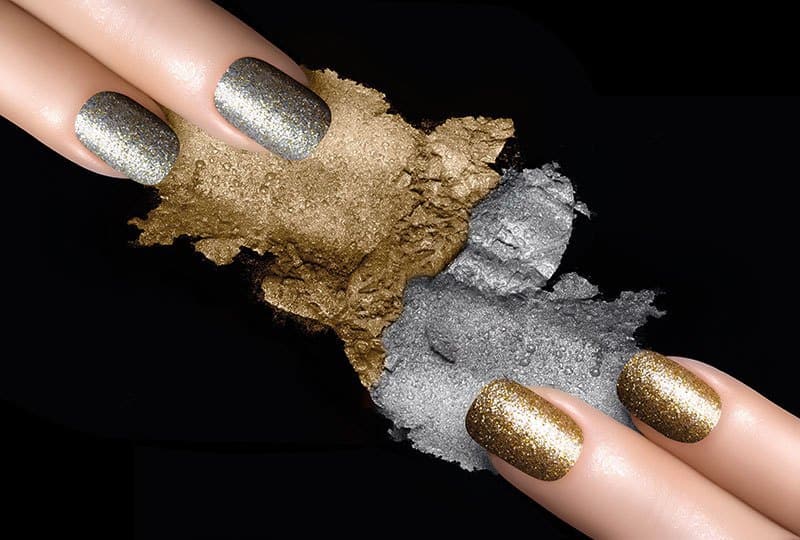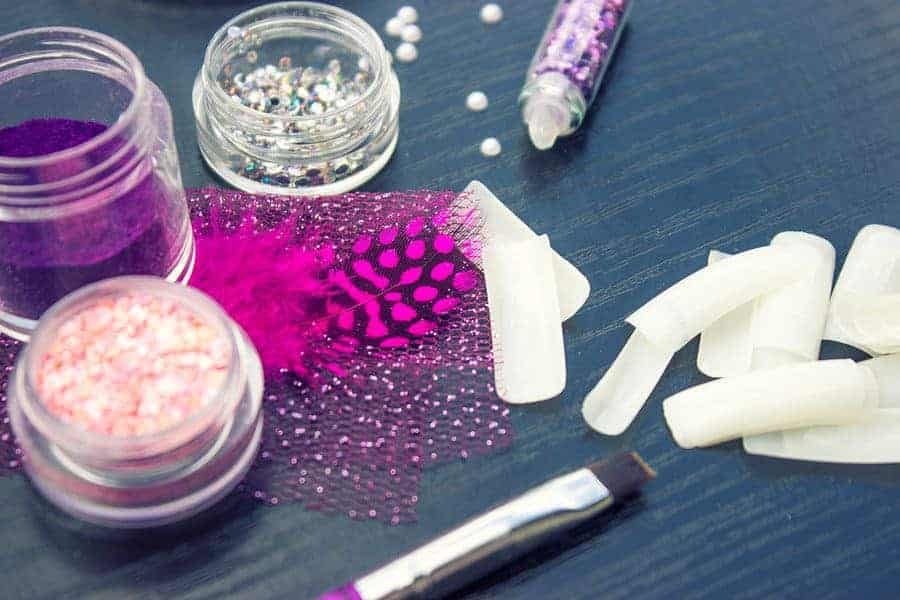Raynaud’s Syndrome: What Is It & When to See A Doc?
What Is Raynaud’s Syndrome?
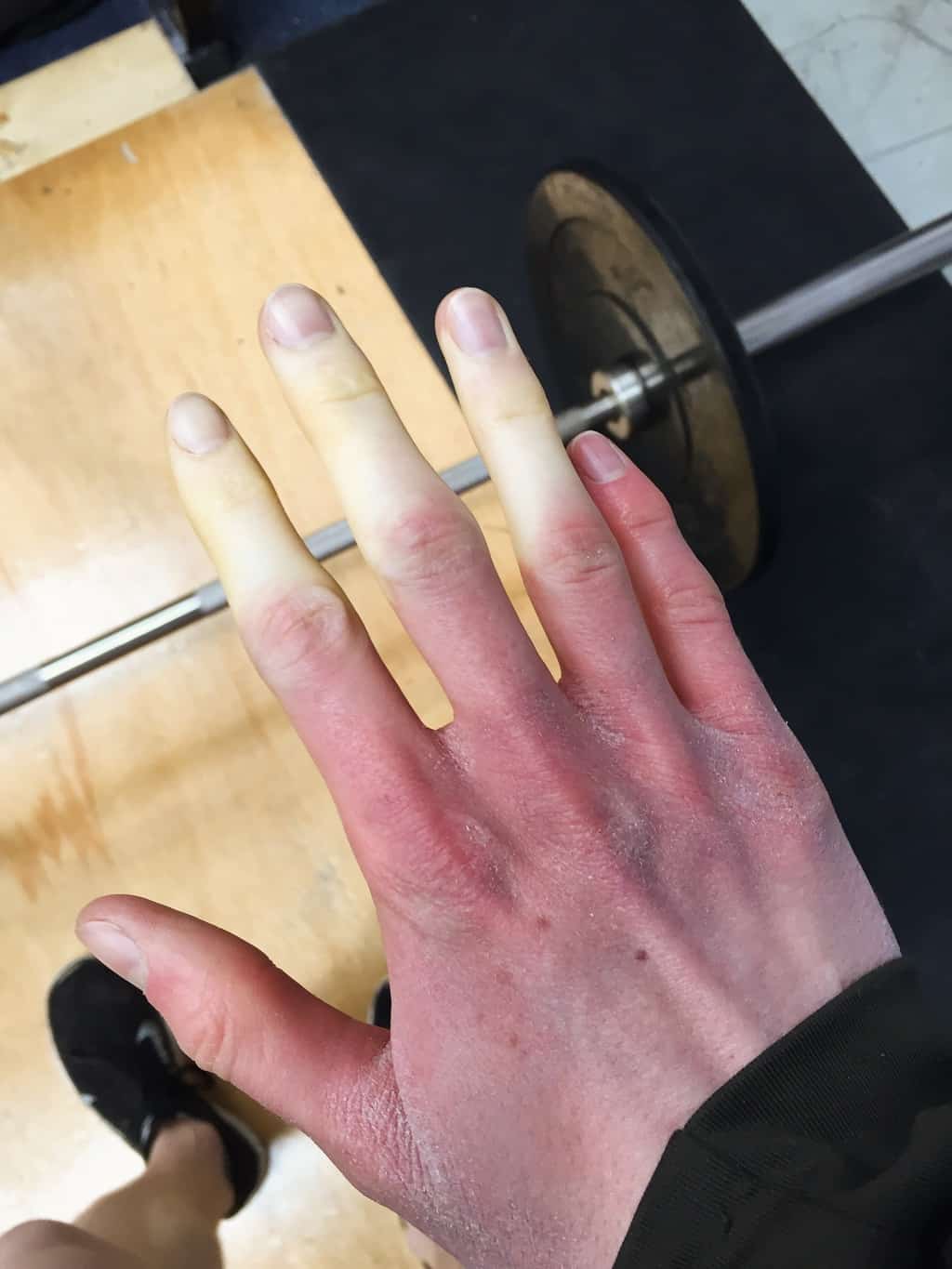
This disease is related to the blood circulation and visible externally because of the change of skin color. It doesn’t affect the whole body; fingers and toes mainly get affected by this disease. The blood that comes from the smaller arteries can’t flow naturally to the affected area because of the narrowing of the blood vessels. Then the fingers or toes take white color initially then they turn into the blue with the absence of oxygen. This discoloration due to improper blood circulation is called Raynaud’s syndrome.
Learn What Lunula Nail Says about Your Health
Symptoms of Raynaud’s Syndrome
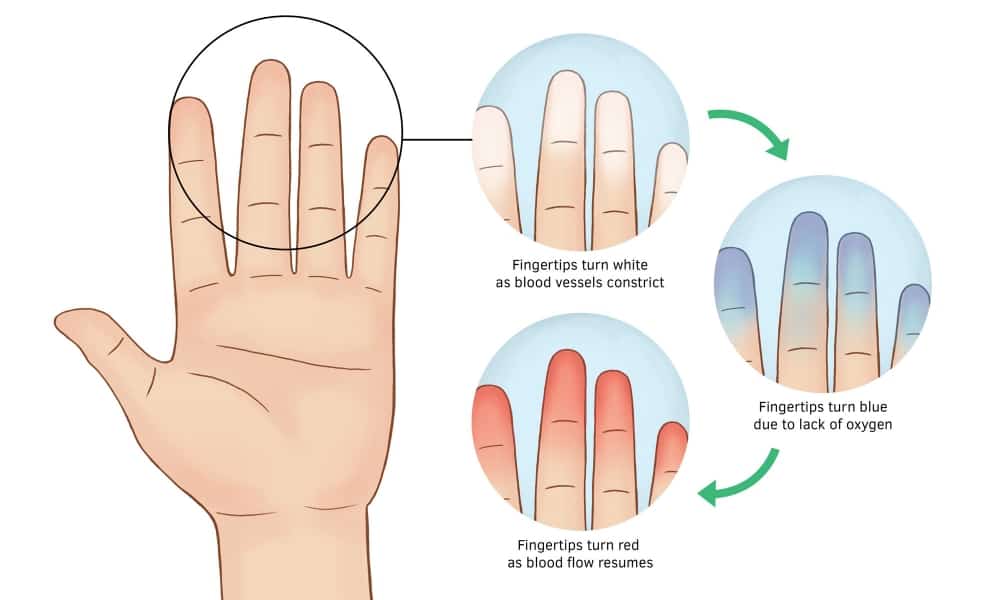
Raynaud’s syndrome is very easy to diagnose because the signs and syndromes are so obvious. Though the attack is more common in fingers and toes, it may affect other body parts such as ears, noses, lips, nipples etc too rarely. The symptoms are as follows.
- If the color of the skin turns to white or pale blue.
- If they feel numb in response to cold and stress.
- When the blood comes back one may feel pricking on the skin and it will turn into red.
Facts About Raynaud’s Phenomenon
There are some interesting facts about Raynaud’s phenomenon. Check the below list.
- This condition is very common in America affecting almost 10% of its total population.
- This disease is the result of unusual response and overreaction to cold.
- Three colors are involved with the signs and symptoms. White and pale blue is the sign of the disease and when it becomes normal the skin flushes red.
- The exact underlying reason of this disease is unknown though the apparent cause is the spasm of the blood vessel.
Learn How to Take Care of Your Nails at Home
The Risk Factors for Raynaud’s Syndrome
Raynaud’s syndrome is aggravated due to some risk factors. These factors play a vital role to determine the potential victim of this disease and sometimes these key factors are responsible for serious Raynaud’s disease. The risk factors are as follows.
- Cold Climate: Cold weather is the most common reason behind this disease. This is actually the reaction of the blood vessels in cold weather.
- Genetic Inheritance: Genetic inheritance plays a pivotal role in any disease. If the parents or siblings have this disease, you will be more prone to this syndrome.
- Age: Anyone may develop Raynaud’s phenomenon but a study says that people of 50-30 years old are the main sufferer.
- Sex: Women are more likely to get affected.
- Professional Difficulties: Some professional needs to work in cold environment. And, some works demand extra stress. These types of jobs can cause Raynaud’s syndrome to the workers.
- Other Problems: Smoking, drugs, chemicals etc. which help the blood vessels become narrow can cause this disease.
When to See a Doctor
A health-conscious person never neglects any health issue even if it’s a trivial one. But, the reality is we are so busy with our daily activities it is difficult to consult a doctor for such minor issues. If you are facing this problem frequently and the blood doesn’t circulate even after making the affected area, consult a doctor right now. If there is any sore or infection in the affected area, make sure you are taking great care of your hands and legs after consulting a doctor.
Tips to Avoid Raynaud’s Syndrome
The prime cause of this disease is the spasm of the blood vessel. So, preventing them from getting narrow os the ultimate key to avoid Raynaud’s syndrome. Here are some handy tips for your convenience.
- Quit smoking and don’t take any drugs. Yes! That’s tough but not impossible.
- Try to avoid such works or situations that cause stress in your life.
- Wear adequate warm clothes in cold weather.
- Do some manual works and exercise to improve the blood flow.
- Control the sugar level of the body. High sugar often damages blood vessels.
10 Most Common Nail Diseases And Disorders
Raynaud’s syndrome is nothing serious as long as it doesn’t turn to infection. In most cases, warming up the affected area is enough to get rid of this. If that doesn’t work well, see a doctor immediately.

